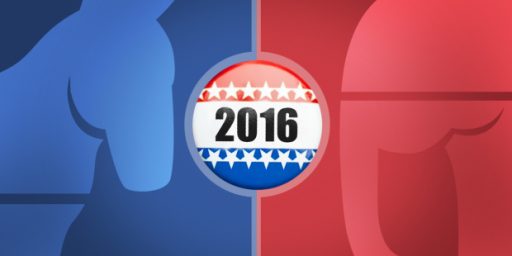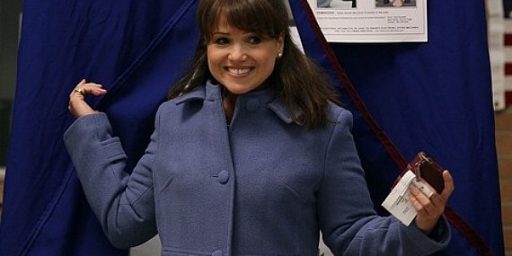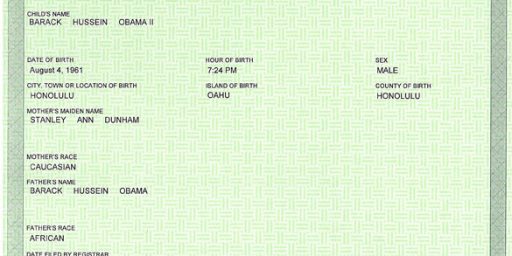

Jim Webb Is Running For President For Some Reason
Former Virginia Senator Jim Webb is running for President for reasons I would assume make sense to him.


Maybe Donald Trump Is Actually Running For President This Time
Donald Trump is probably just messing around with all of us again, but he’s certainly acting like someone who’s running for President.
Hillary Misrepresents Citizen’s United, Says She’ll Demand Promises To Overturn From Nominees
Hillary Clinton told supporters she’d require Supreme Court nominees to pledge to overturn Citizens United, a decision she completely misrepresented.


Supreme Court Upholds Campaign Finance Limitations In Judicial Elections
In a marked departure from recent cases, the Supreme Court rules that states can impose significant restriction on solicitation of campaign contributions in judicial elections.
The Supreme Court Has A First Amendment Problem Right At Its Front Doorstep
The Roberts court has been very good on First Amendment issues, but it needs to address the First Amendment issue right outside its front windows.
Citizens United And Hobby Lobby Are About Individual Rights, Not ‘Corporate Rights’
Much of the criticism of Hobby Lobby, and Citizens United before it, is based on a fundamental misunderstanding of what those decisions stand for.


The Redskins Trademark Decision Is Legally Dubious, And Troubling
However you feel about the Redskins name, the decision to retroactively repeal their trademarks is troubling on many levels.
IRS Says It Lost Two Years Worth Of Lois Lerner’s E-Mail
All of a sudden, the IRS announced it doesn’t have communications records it once claimed it did have.

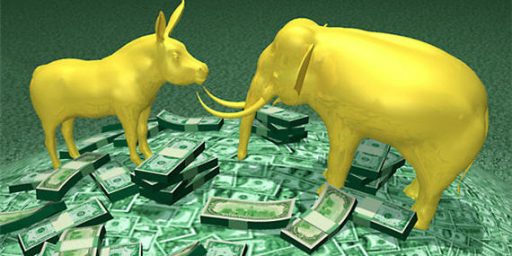
Supreme Court Strikes Down Aggregate Limits On Campaign Contributions
Once again, the Supreme Court reminds us that limiting political speech is unconstitutional.


Dinesh D’Souza Indicted for Campaign Finance Fraud
Dinesh D’Souza has been indicted by a federal grand jury for being incredibly stupid.


GOP Looking To Overhaul Primary, Convention Process Ahead Of 2016
Republicans have some good ideas about overhauling how they pick a nominee. Unfortunately, it’s hard to see how most of them can be enforced.
Supreme Court Weighs Campaign Contribution Limits
The Supreme Court heard argument in a major campaign finance case yesterday.
A New Conspiracy Theory: IRS Tea Party Targeting Helped Win The Election For Obama
A new theory circulating on the right asserts that IRS targeting of Tea Party groups had an impact on the 2012 elections by diminish the Tea Party’s effectiveness. It’s mostly nonsense.
501(c)4 vs 501(c)3 vs 527
Almost no one can confidently explain, let alone define, the specifics of the 501(c)4 designation.
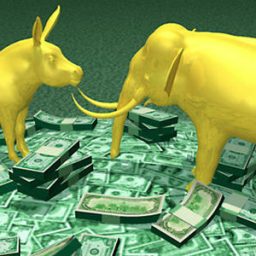

Apparently, Citizens United Didn’t Ruin The Election After All
The impact of outside spending on the election turned out to be far less consequential than many had feared.
Citizens United Was About Freedom Of Speech, Not “Corporate Rights.”
Opponents of the Supreme Court’s decision in Citizens United continue to miss the point of what the case was really about.
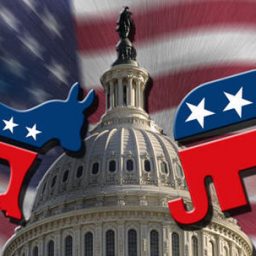

Hilary Rosen, Foster Freiss, And The Permanent Campaign Silly Season
Thanks to a media that focuses obsessively on irrelevancies, we now have a permanent political silly season.


How SuperPACs Have Made Politics More Democratic
Far from being deterimental, there is a case to be made that SuperPACs have actually expended democracy during this election cycle.


Citizens United Not The Problem
Billionaires have been free to donate as much money as they want to activist groups since the dawn of the Republic.


Stephen Colbert’s Super PAC Joke’s On Him
Virtually everything Stephen Colbert is doing was legal before Citizens United.
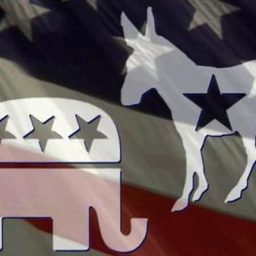

Stephen Colbert’s Joke Super PAC Tops $1 Million
Stephen Colbert’s super PAC, Americans for a Better Tomorrow, Tomorrow, has raised a little over a million dollars.
Citizens United And The SOPA/PIPA Blackout: Why The First Amendment Matters
Some questions for opponents of the Supreme Court’s decision in Citizens United.


Should Presidential Candidates Be Expected To Release Their Tax Returns?
There’s no law requiring Presidential candidates to release their tax returns. Should they be expected to do it anyway?
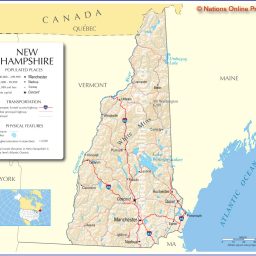

Sometimes, It Makes Sense To Skip New Hampshire
If you’re running low on cash, keeping it low-key in a state you can’t win sometimes make sense.
Citizens United And The Foolish Attack On Corporate Personhood
A new set of proposed Constitutional Amendments reveals that many people still don’t understand what Citizens United was about.


Gary Johnson Files Complaints With FEC, FCC Over Debate Exclusion
Gary Johnson is right to be upset that he’s been excluded from debates, but he shouldn’t get the government involved.


Does Herman Cain Also Have A Campaign Finance Problem?
Another potential problem for the Cain campaign.
Mitt Romney Still The Inevitable Nominee
As of now, there’s no reason to believe that Mitt Romney won’t be the Republican nominee in 2012.
The End Of The Road For Rick Perry?
Rick Perry’s campaign isn’t dead by any means, but he needs to turn things around soon.
Mitt Romney Is Right: Corporations Are [Made Up Of] People
Although he didn’t get the words quite right yesterday, Mitt Romney was exactly right about corporations.


Stephen Colbert PAC Authorized by FEC
The Stephen Colbert Super PAC that began as a satire has now been blessed by the real FEC. What exactly this means is not yet clear.
Supreme Court Strikes Down Parts Of Arizona Campaign Finance Law
Another major campaign finance case from the Supreme Court.


U.S. v. John Edwards: Both Sides Are Rolling The Dice
Both sides in the John Edwards case are heading into uncharted territory.


Colbert Super PAC, Citizens United, and Silly Election Laws
Stephen Colbert has been running an ongoing shtick in which he’s trying to start a political action committee, gets letters from his Viacom bosses poo-pooing the idea, and then inviting his lawyer on to explain ways to get around these concerns.
The New York Times Discovers That Corporate Speech Isn’t A Bad Idea After All
New York Times writer Adam Liptak discovers that a Supreme Court decision protecting “corporate speech” might not be a bad thing considering that he works for a corporation.
Christine O’Donnell Under Criminal Probe For Campaign Spending
Three months after the allegations were first made. the FEC has opened a criminal investigation of Tea Party Senate candidate Christine O’Donnell

